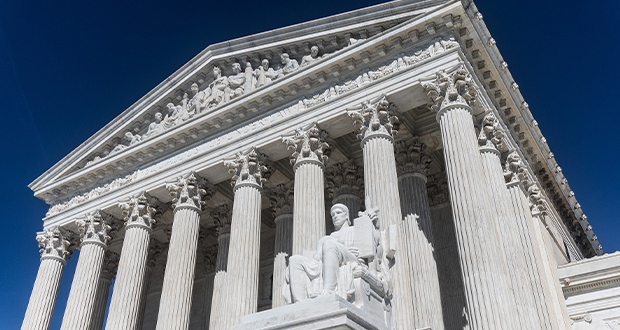
DEPOSIT PHOTOS
In a unanimous ruling, the U.S. Supreme Court has ruled that whistleblowers need not prove that their employer acted with “retaliatory intent” to allow for protection under the federal Sarbanes-Oxley Act (SOX).
The ruling in the case, Murray v. UBS Securities, LLC, is important not only under SOX but also as it applies to other federal whistleblower laws.
The underlying lawsuit was filed by a former employee of UBS Bank. The plaintiff, Trevor Murray, claimed that he was fired from his job as a bond strategist after he would not publish misleading research reports. Further, he complained about being pressured to publish them.
SOX bars employers from retaliating against an employee for reporting financial wrongdoing.
A federal appeals court found in favor of UBS, saying that Murray failed to prove that UBS intended to retaliate against him when it fired him.
That ruling created a split in the circuits, as other federal appeals courts have found that whistleblowers are only required to prove that their act of whistleblowing was a “contributing factor” in their employer’s decision to terminate them.
An amicus brief in the case filed on behalf of the National Whistleblower Center (NWC) argued that Congress intended to establish a “contributing factor” test for whistleblowers.
The Supreme Court agreed.
“To be sure, the contributing-factor framework that Congress chose here is not as protective of employers as a motivating-factor framework. That is by design,” wrote Justice Sonia Sotomayor in the Court’s opinion. “Congress has employed the contributing-factor framework in contexts where the health, safety, or well-being of the public may well depend on whistleblowers feeling empowered to come forward. This Court cannot override that policy choice by giving employers more protection than the statute itself provides.”
 New England Biz Law Update
New England Biz Law Update
